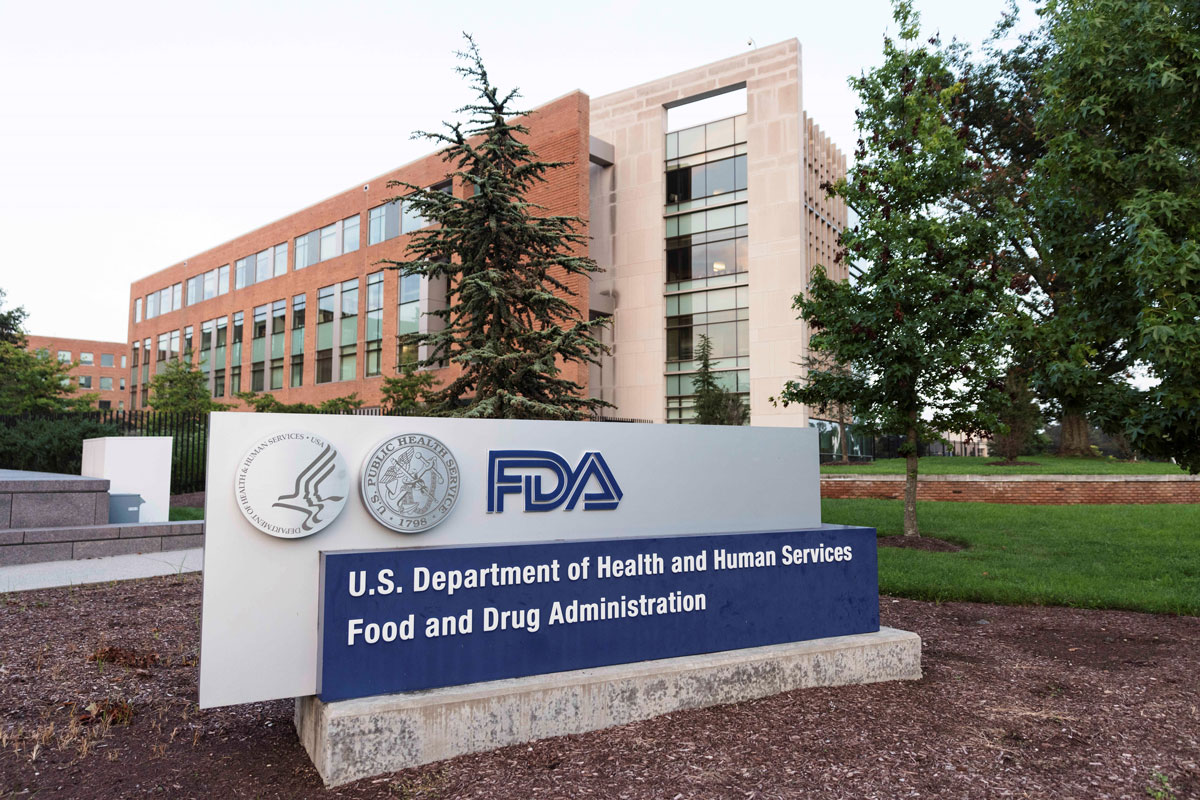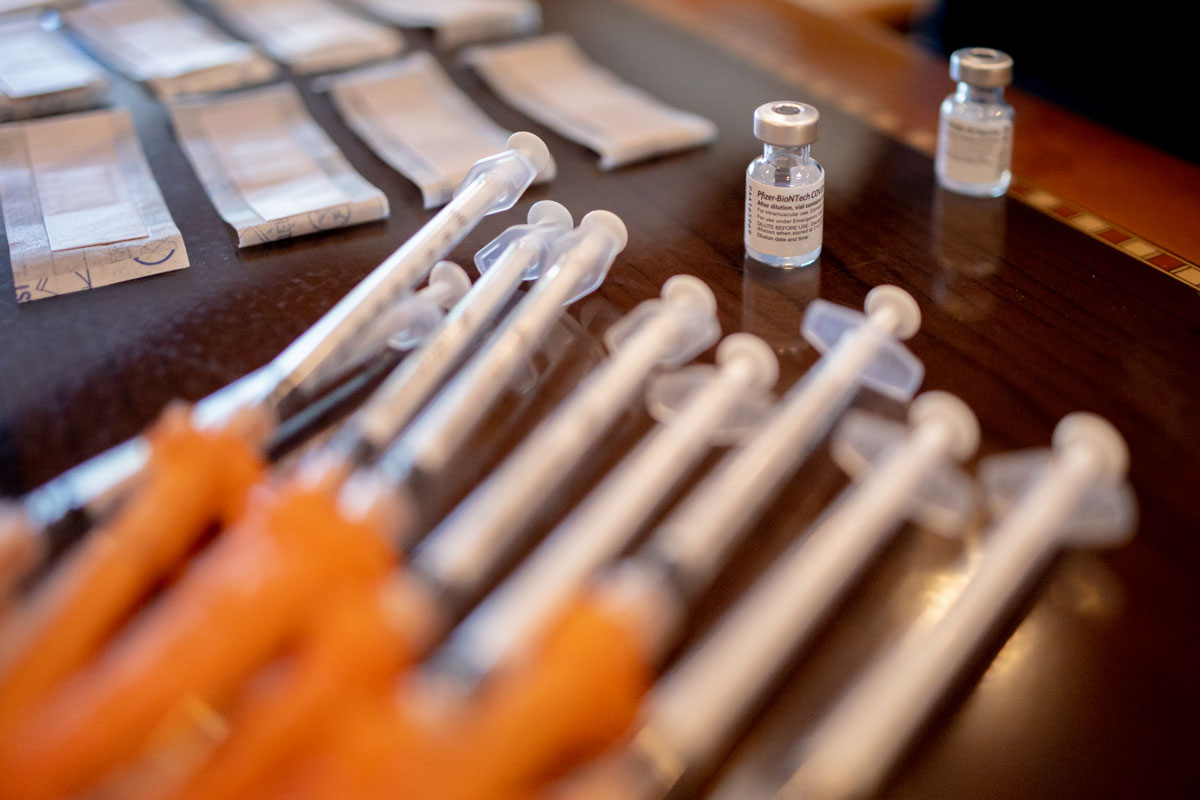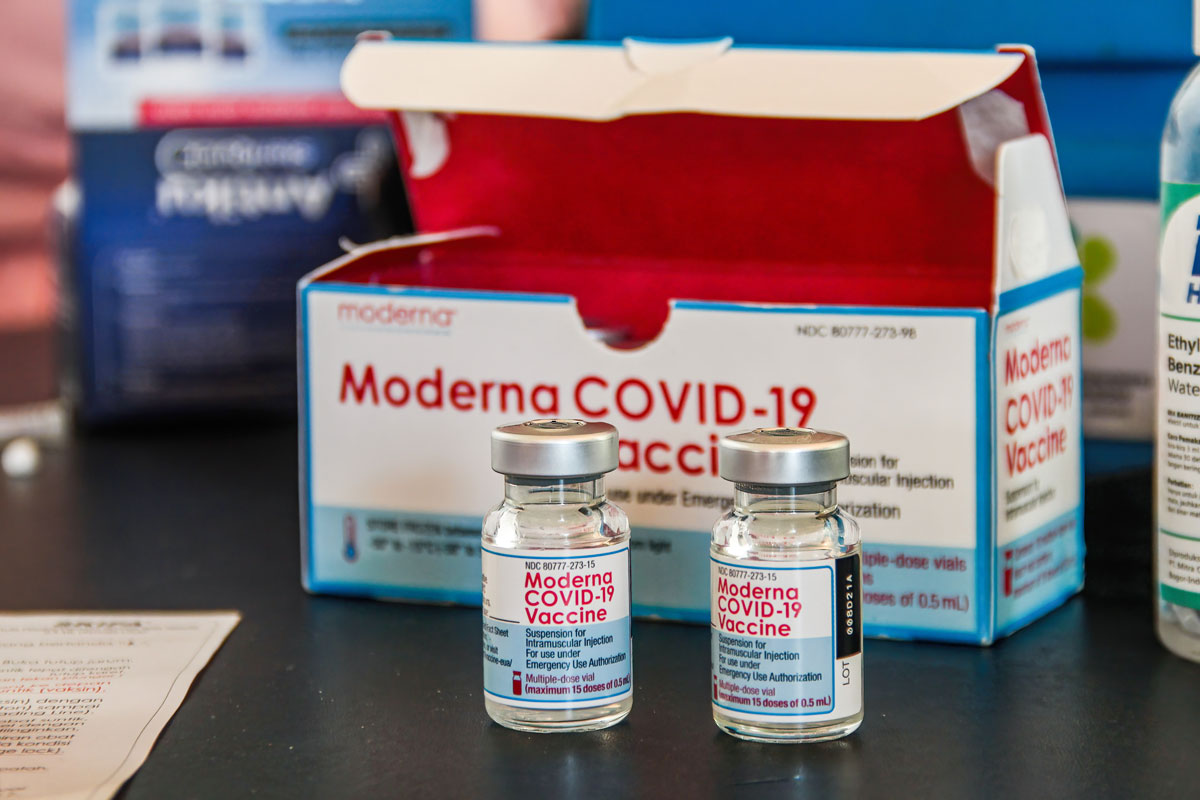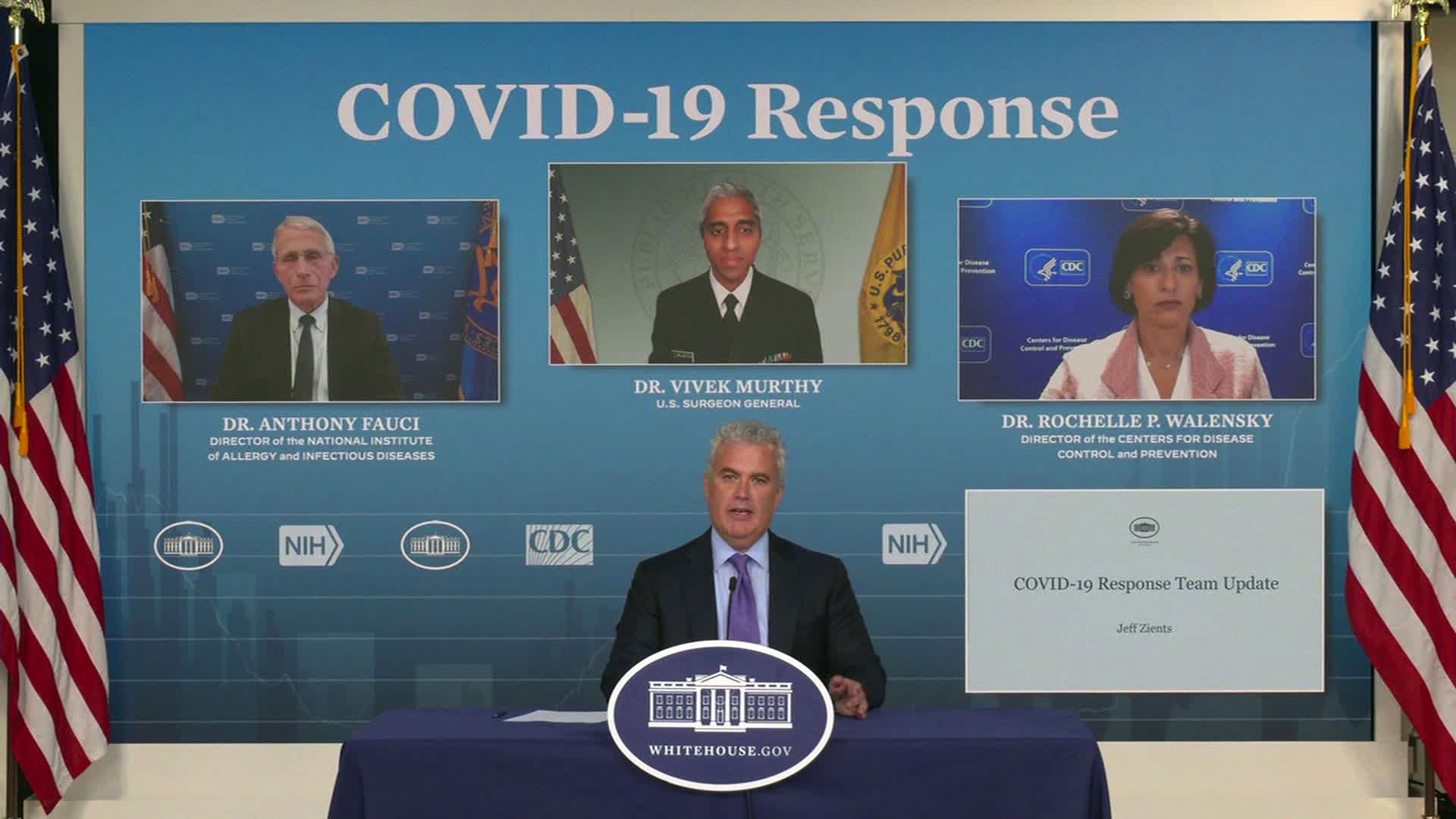Biden administration officials defended the controversial announcement by the White House in which it said it was preparing to roll out booster Covid-19 shots for most Americans by Sept. 20 – well ahead of any consideration by the US Food and Drug Administration and the US Centers for Disease Control and Prevention – saying they were just trying to plan ahead.
The announcement prompted a flurry of criticism from health experts, including former FDA officials, who have told CNN it was unhelpful and unseemly for the White House to make such an announcement ahead of the regulators who are tasked with such decisions.
Vaccine advisers to the FDA are meeting today to discuss the question of giving booster shots.
“Let me go back to why we made the announcement in August that we did. There were two reasons: transparency and planning,” US Surgeon General Dr. Vivek Murthy told reporters Friday.
Scientific leaders in the administration, Murthy said, “had said publicly that we were following the data closely, and if we saw a signal that indicated to us that protection was starting to wane, and that additional shots may be required, that we would be transparent and open with the public about that. That was one of the reasons we felt it was important to speak up when we saw that signal in the data.”
“The second reason is planning, you know, if you want to roll out booster shots to the population, you can't flip a switch and make that happen overnight. There’s important planning that has to take place with localities, with state governments, with community organizations. And so we laid out an initial plan for that purpose: to allow the time that we’ve now been using for the last few weeks to do that all-important coordination so the public can be confident that, if and when boosters were required, they would be there for them,” he continued.
Murthy noted that administration officials have always been clear that the plan “would be contingent on the FDA and the CDC’s independent evaluation” and that they will follow that evaluation and the recommendations.
White House Covid-19 response coordinator Jeff Zients suggested that the decision to announce the plan publicly was made with the hindsight from the previous administration’s handling of vaccine emergency use authorization last year.
“In December, when the vaccines were initially authorized for emergency use, there was not a strong plan in place, and we saw that there was a lag in terms of getting shots in arms. So we want to make sure we're ready, whatever decision the agencies make,” Zients said.
As CNN’s Elizabeth Cohen has reported, Friday’s scientific back and forth is happening against the backdrop of friction between members of the FDA’s vaccines advisers and the Biden administration. Advisers to the FDA told CNN they're upset that Biden announced a booster program before government scientists reviewed the data.



